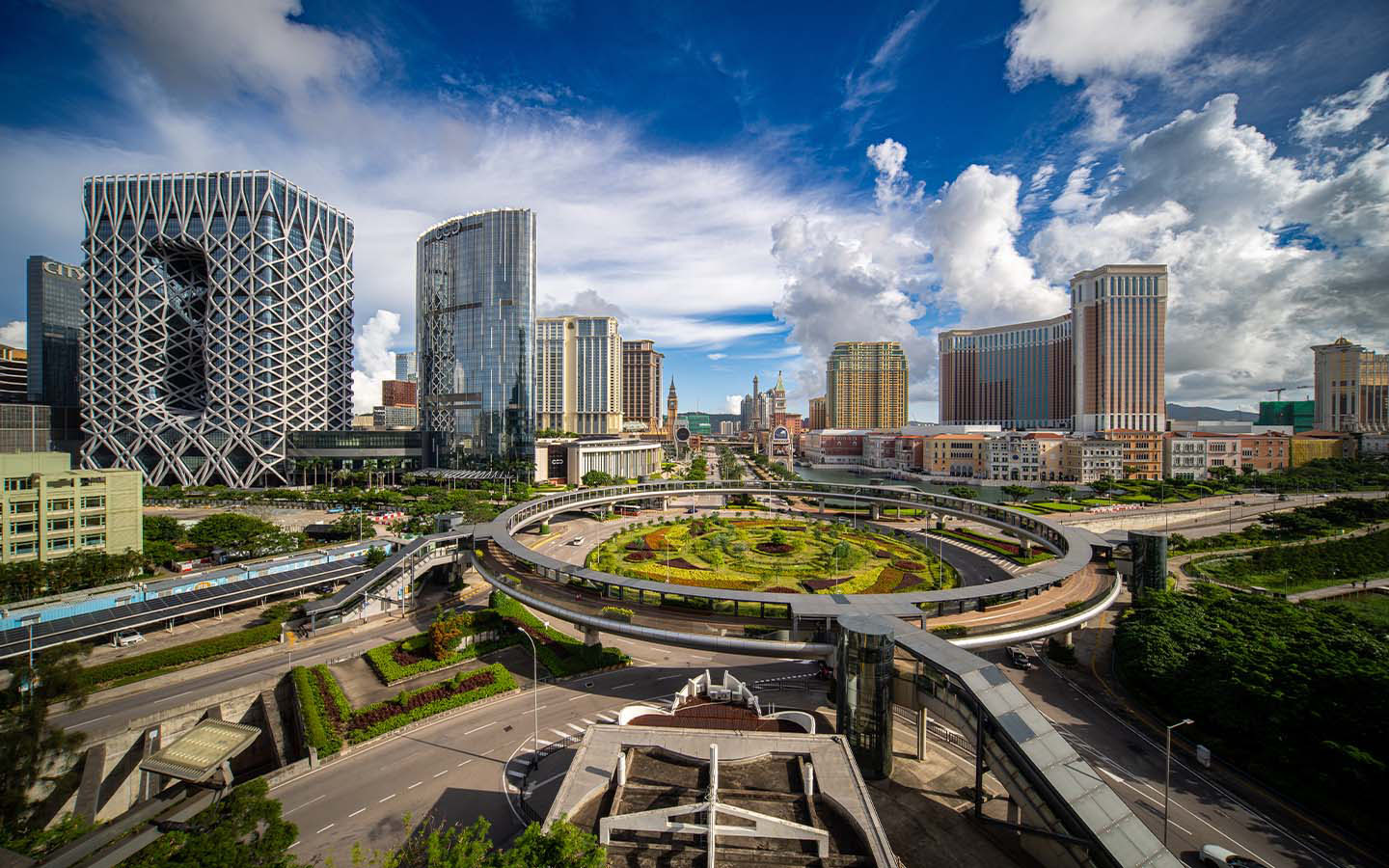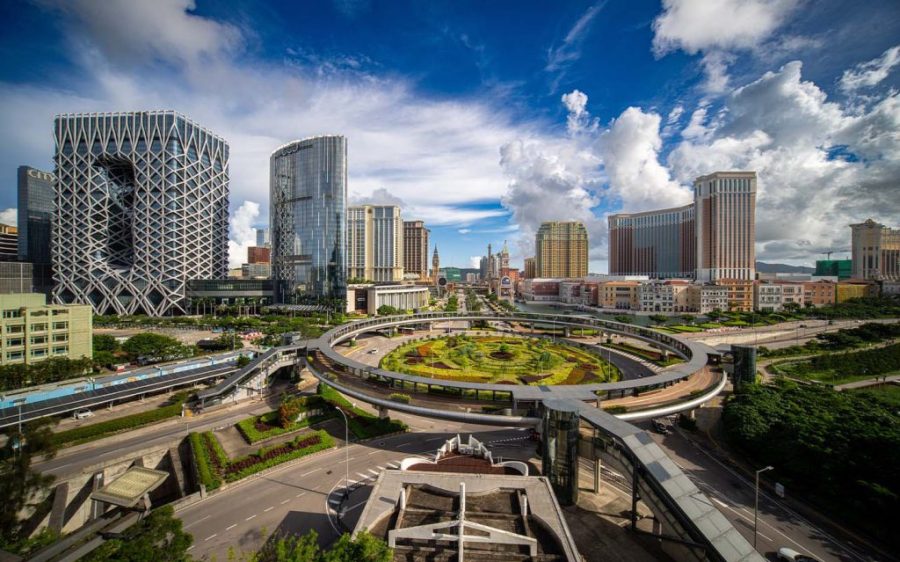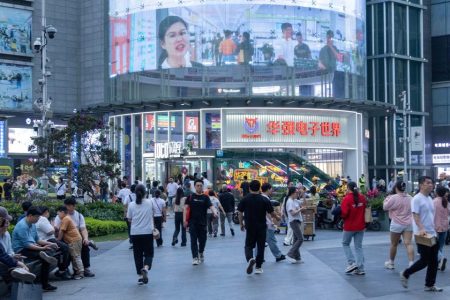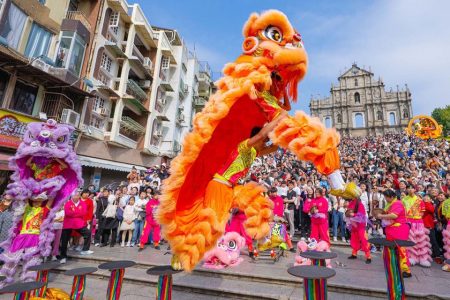The gambling sector no longer has a monopoly over Macao’s economy, at least according to Chief Executive (CE) Ho Iat Seng, who said that the industry’s share of the local gross domestic product (GDP) last year was below 40 percent.
During a press conference that was reported on by multiple media outlets yesterday, Ho said that “according to official figures to be announced soon, the gaming industry only accounts for about 36 percent of GDP in 2023, with the rest being non-gaming elements.”
He added that the 2023 GDP figures were equivalent to 80 percent of the levels in 2019 – the last year before the three-year Covid-19 pandemic struck.
For this year, the CE noted that gambling’s share of GDP was anticipated to grow, although he added that his administration intends to keep it below 40 percent, which is in line with the target outlined in an official report last year.
[See more: Macao’s gross gaming revenue dipped slightly in April]
Macao’s economy has been heavily dependent on gambling, which accounted for 63 percent of GDP between 2011 and 2013, with gross gaming revenue (GGR) reaching an all-time high of 360 billion patacas (US$45 billion) in 2013.
In recent years, however, the government has been attempting to wean the city away from casinos by diversifying the economy, targeting such industries as finance, life sciences and large scale sporting and leisure events.
In order to have their licences renewed in 2022, Macao’s six casino operators had to pledge to collectively invest more than 100 billion patacas (US $12.5 billion) in non-gambling infrastructure and projects over the next decade.
Despite the diversification effort, gaming remains a significant source of government revenue. Official forecasts put Macao’s 2024 GGR at 216 billion dollars (US$26.82 billion).






